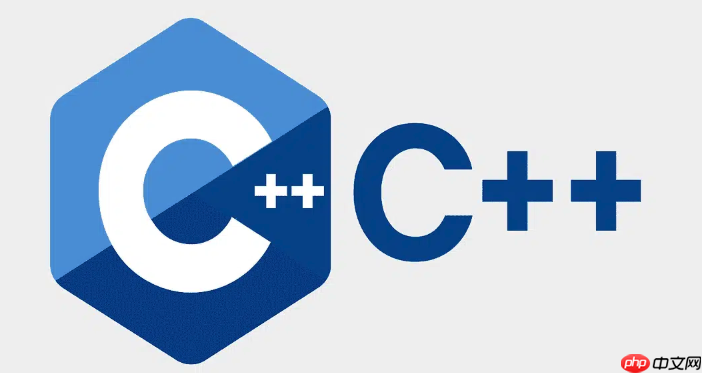使用std::find可在vector中查找值,找到则返回对应迭代器,否则返回end;支持基本类型和自定义类型,后者可重载==或用find_if配合lambda;若仅需判断存在性,可封装函数返回bool;对于高频查找,建议使用set或unordered_set以提升性能。

在C++中,查找vector中的某个值有多种方法,最常用的是使用标准库算法 std::find。它可以在任意容器中搜索指定值,包括vector。
使用 std::find 查找元素
std::find 定义在
示例代码:
#include#include #include int main() { std::vector
vec = {10, 20, 30, 40, 50}; int value = 30; auto it = std::find(vec.begin(), vec.end(), value); if (it != vec.end()) { std::cout zuojiankuohaophpcnzuojiankuohaophpcn "找到了值 " zuojiankuohaophpcnzuojiankuohaophpcn value zuojiankuohaophpcnzuojiankuohaophpcn ",位置索引为:" zuojiankuohaophpcnzuojiankuohaophpcn (it - vec.begin()) zuojiankuohaophpcnzuojiankuohaophpcn std::endl; } else { std::cout zuojiankuohaophpcnzuojiankuohaophpcn "未找到值 " zuojiankuohaophpcnzuojiankuohaophpcn value zuojiankuohaophpcnzuojiankuohaophpcn std::endl; } return 0;}
立即学习“C++免费学习笔记(深入)”;
查找自定义类型元素
如果vector中存储的是类或结构体,需要明确比较方式。可以通过重载 == 操作符,或使用 std::find_if 配合 lambda 表达式进行条件查找。
例如,查找某个成员字段等于特定值的对象:
struct Person {
std::string name;
int age;
bool operator==(const Person& other) const {
return name == other.name && age == other.age;
}
};
std::vector people = {{"Alice", 25}, {"Bob", 30}};
Person target = {"Bob", 30};
auto it = std::find(people.begin(), people.end(), target);
或者用 find_if 查找名字为 "Bob" 的人:
auto it = std::find_if(people.begin(), people.end(),
[](const Person& p) { return p.name == "Bob"; });
检查是否存在某值(返回布尔)
如果只关心元素是否存在,可以封装一个简单的函数:
bool contains(const std::vector& vec, int value) { return std::find(vec.begin(), vec.end(), value) != vec.end(); }
基本上就这些。std::find 是最直接的方式,适用于大多数场景。对于频繁查找,考虑使用 std::set 或 std::unordered_set 提升效率。vector本身适合顺序存储,查找性能为 O(n),不适用于大数据量高频查询。





























